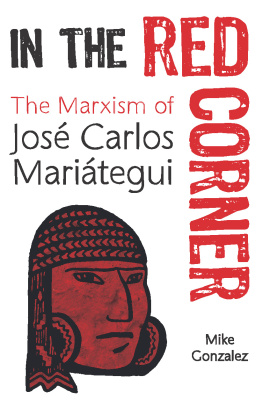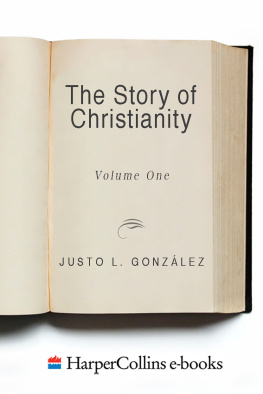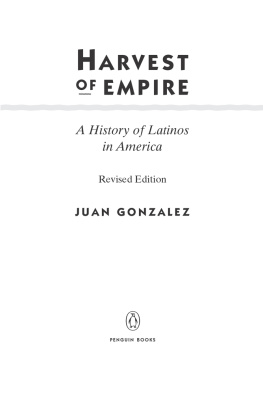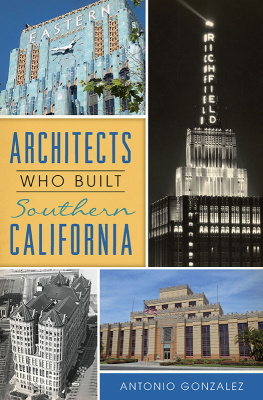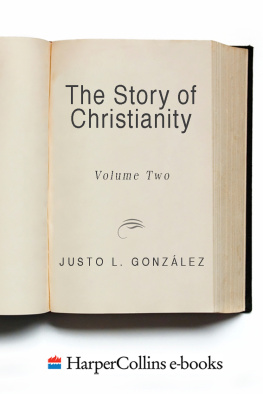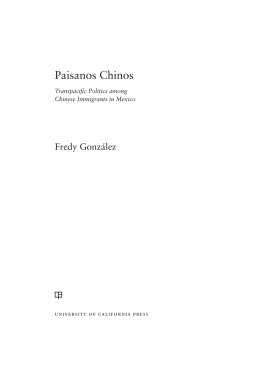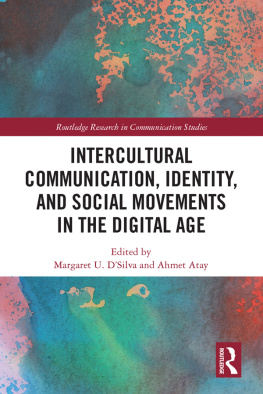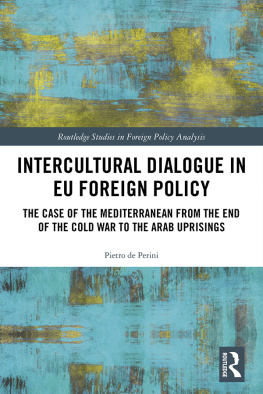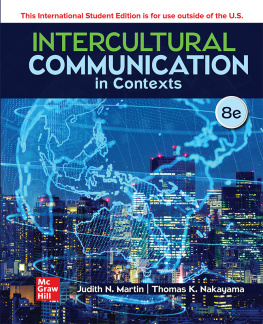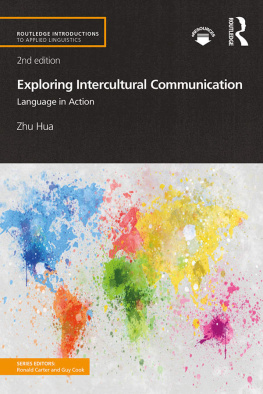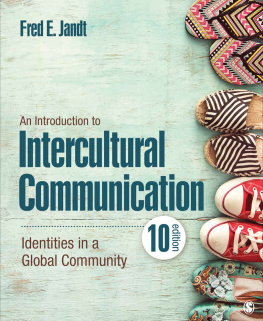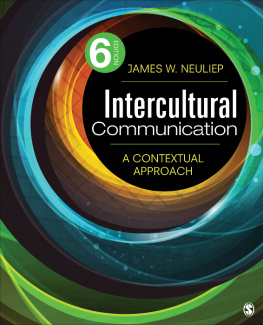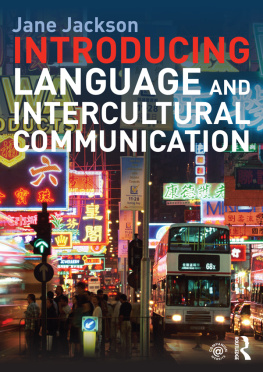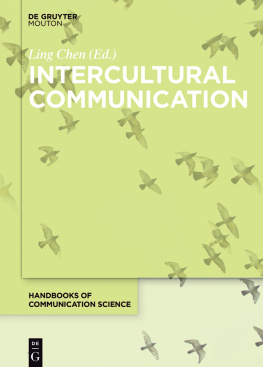Praise for In the Red Corner
Mariteguis Marxism involved a deep, almost archaeological appreciation for the deposition and accumulation of Peruvian historys sedimentary layers. In his brief life he probed the complex particularities of that social formation across economics, history, politics, literature, and ideology. He intervened tirelessly in local affairs. At the same time, he knew these immediate, local concerns did not exist in pristine isolation from wider relations. With unparalleled determination, he insisted Peruvian reality could only be grappled with insofar as its innumerable entanglements with the rest of Latin America, and indeed the worldthrough the history of colonialism and capitalismwere fathomed and assimilated into revolutionary strategy. Latin Americas socialist revolutions would never be a mere copy of European traditions, but they were nevertheless bound up in a shared universal project of emancipation. Mariteguis heretical Marxism involved a utopian-revolutionary dialectic, in which select elements of indigenous communal traditions of the pre-capitalist past were combined with a forward-looking post-capitalist future, where the difference of the particular wasnt cancelled by the project of the universal. This impressive book by Mike Gonzalez turns Mariteguis dialectic back on its author, parsing Mariteguis life and work with all the necessary attentiveness to time and place, while simultaneously borrowing selectively from its riches to help reinvent a living Marxism and revolutionary politics adequate to our present.
Jeffery R. Webber, author of The Last Day of Oppression, and the First Day of the Same: The Politics and Economics of the New Latin American Left
It used to be said that Maritegui was the Latin American Gramsci. But today, from a perspective defined by postcolonialism, it might be more pertinent to think of Gramsci as the European Maritegui. Mike Gonzalezs new book offers a vividly detailed, eminently readable account of Mariteguis life and times, with special attention to the formation of his unique form of Marxism. Gonzalez argues that Maritegui remains crucially relevant to the development of forms of struggle and resistance in the Americas within the new framework of globalization.
John Beverley, professor emeritus, University of Pittsburgh, and author of Latin America After 9/11
In the Red Corner
The Marxism of Jos Carlos Maritegui
Mike Gonzalez
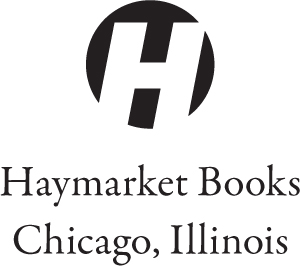
2019 Mike Gonzalez
Published in 2019 by
Haymarket Books
P.O. Box 180165
Chicago, IL 60618
773-583-7884
www.haymarketbooks.org
ISBN: 978-1-60846-916-1
Distributed to the trade in the US through Consortium Book Sales and Distribution (www.cbsd.com) and internationally through Ingram Publisher Services International (www.ingramcontent.com).
This book was published with the generous support of Lannan Foundation and Wallace Action Fund.
Special discounts are available for bulk purchases by organizations and institutions. Please call 773-583-7884 or email for more information.
Cover design by Eric Kerl.
Printed in Canada by union labor.
Library of Congress Cataloging-in-Publication data is available.
10 9 8 7 6 5 4 3 2 1

For my dear friend and comrade Peter Archard
Introduction
A Revolutionary Rediscovered
Jos Carlos Maritegui has suffered badly at the hands of those who have claimed his political inheritance since his death in 1930. Yet the celebration of his centenary, in 1994, marked a kind of resurrectionthe rediscovery of Latin Americas most creative Marxist, at a time, it might be said, when it was most necessary. His name had often been used as a reference point for very different positions and currents of thought, and this obscured rather than illuminated his complex body of ideas.
Maritegui described himself as a marxista, convicto, y confeso. And his Marxism was what Gramsci later described as a philosophy of praxis. He was a Marxist in thought and practice; his ideas evolved and grew in a specific time and place, and responded to the political demands of both. The evolution of his ideas began in Peru in the conditions of a semicolonial society still stamping at the threshold of modern capitalism. But, as he discovered, Peru was not one world but two; in the encounter between indigenous Peru and criollo Peru, he found new challenges and the human and historical material for a creative new vision of how revolutionary change could occur in Latin America. A forced exile to Europe in 1919, principally in Italy, launched him into the fervor of a post-October world, where he acquired, as he put it, a wife and some ideas. Those ideas were Marxisma Marxism still absorbing the implications of the Bolshevik Revolution in the fervid atmosphere of a revolutionary West.
Upon returning to Peru in 1923, Maritegui shared the excitement and the inspiration of the revolutionary movement with his own generation. At home, he engaged with his own reality to expand and deepen the Marxism he had encountered in Italy. This was not simply an intellectual exercise. He was an organizer, a builder of movements, a teacher, and an agitator. In the unpromising conditions of 1920s Peru, Maritegui interpreted Marx as his eleventh thesis on Feuerbach enjoinednot just to interpret the world, but to change it. And the world he addressed was not only Peru; it was also a Latin America in dialogue with itself and the wider world of revolutionary ideas in the North and West. He formed and led a growing trade union movement; he built a radical press. He saw the formation of a revolutionary party as critical, but he fought hard against sectarianism on the one hand (in particular, the class-against-class positions of the Comintern), and on the other against what he saw as the dangerous populism represented by the American Popular Revolutionary Alliance (APRA), with which he broke during a heated public debate.
Maritegui encountered Marxism for the first time in an Italy that had recently seen the occupation of the factories and which was locked in debate about the formation of the Communist Party. There, Bordiga represented a closed and sectarian vision that Maritegui rejected, just as the internal battle within the Communist Party of Italy (Partito Comunista dItalia, PCI) was engaging Gramsci and others. It is not clear whether Maritegui knew Gramsci in any real sense, though they certainly met. What is most striking, however, and in a sense most revealing, is how the trajectory and political development of both men ran in parallel. It would be tempting to try to establish some mutual influence, but it would also be fruitless since Maritegui could not have had access to the key writings, like the Prison Notebooks, of the imprisoned Italian. What we can say, however, is that, for reasons that will be touched on later in the book, their frameworks and understandings of Marxism had much in common. Maritegui never used the term hegemony, for example, yet his cultural analysis is of extraordinary depth and perception, and his insistence on the interpenetration of politics and culture addresses the impact of ideology as a material factor in the evolution of the class struggle. The embodiment of that insight is the magazine Amauta, which he founded and which lasted until shortly after his death. Amauta was an extraordinary journal that drew together revolutionary thinkers and artists in an ongoing and open dialogue. Its functions were to inform, to educate, and to stimulate discussion within the Left, while refusing to hold a line that would have excluded the possibility of real debate. The journal was, in some senses, a reflection of the kind of political organization that Maritegui set out to build, the frente nico, or the united front, which had been his central organizing principle since 1924. At the same time, its breadth and emphasis on art and culture echoed another central themehis opposition to mechanical Marxism and sectarianism. He would trace that line of argument in two of his works:
Next page
